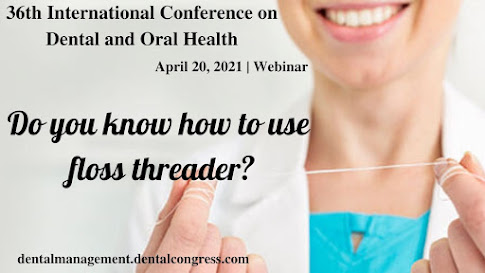What Your Tongue can tell you about your Health?

White Coating on Tongue Your tongue is meant to be a beautiful shade of pink. If elements of your tongue seem to be coated with a white substance, this might be oral thrush, a yeast overgrowth that happens within the rima oris. Of course, it may simply be whitish from not brushing your tongue on every occasion you sweep your teeth. You are doing that, don’t you? If the white brushes away, you’re sensible to travel. White Patches on Tongue Leukoplakia could be a condition that may happen if the tongue has been irritated, like with smoking or tobacco use. Each medical skilled can advise you to quit that tobacco habit, however it’s ultimately up to you. If you see white patches, though, book a dental practitioner appointment to get on the safe aspect and to rule out carcinoma. Overly Red Tongue While an excessively red tongue is an indication of a disease, it’s far more usually related to a nutriment deficiency, like vitamin M or B-12. The answer may be merely adding a nutrime...


